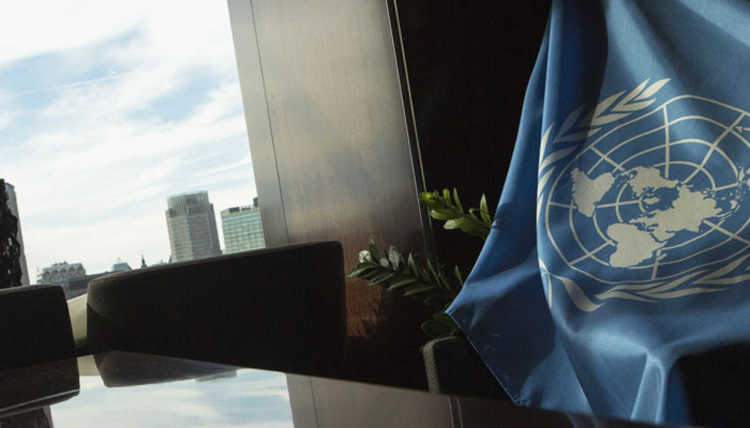Publication | 03/03/2015
Democratizing Global Governance
Can global governance become more democratic? Dawisson Belém Lopes argues that global intergovernmental organizations play a crucial role in this process and analyzes how democratic organizations such as the UN and UNESCO currently are.

In this paper, I assume that global intergovernmental organizations (GIGOs) function as "enablers" of interstate liberal politics by way of their multilateral institutional frameworks. To support this view, I recall and adapt the classical concept of "polyarchy," coined in the early 1950s by Robert A. Dahl.
It consists of a two‐dimensional theoretical construct applicable for measuring the level of liberalization in modern political societies. It follows that the more actors who take part in politics, and the more that institutions allow political opposition, the more open a society (of states) is likely to be. I thus wish to assess and rate the level of "polyarchization" of 23 GIGOs that cover various issue areas and fit some specific criteria (for example, more than one hundred member states from at least three different continents). The methodology section includes a scorecard that I have specially developed to help achieve these research objectives.